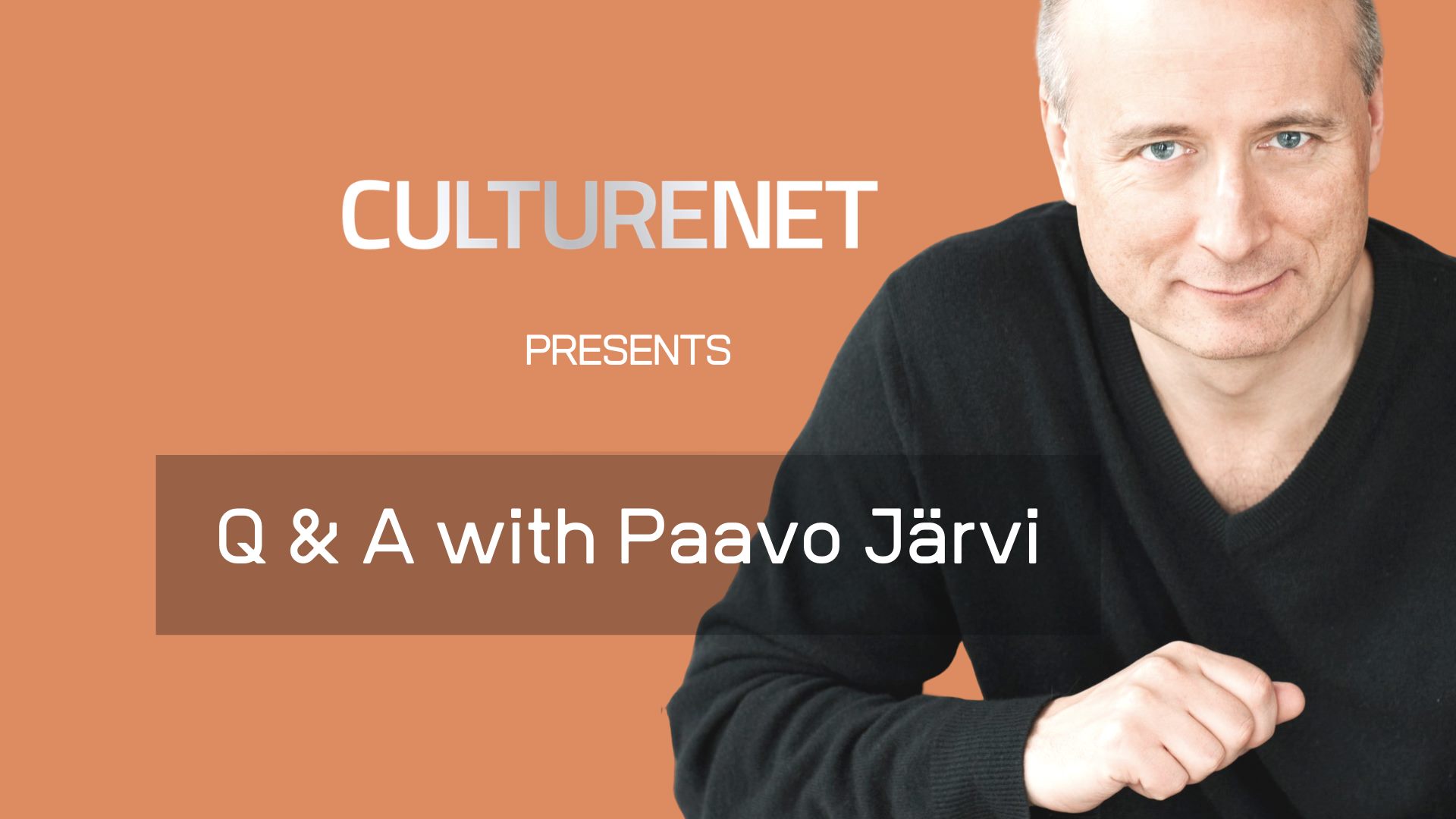Paavo Järvi is inviting young conductors around the world to join him for a Facebook Live Q&A – this time with a focus mostly on Brahms – on Saturday 11 April at 3pm EDT (9pm CET). Hosted by virtual arts education platform, Culturenet, this is the second in the start of a new series of Q&As with Paavo Järvi which will also feature on his YouTube channel.
Introducing this weekend’s Q&A Paavo Järvi commented: “I would like to take the opportunity of the current lockdown to give personal guidance to young conductors on any burning questions they might have about performing Brahms in particular. I’ve chosen Brahms as a starting point for this weekend’s Q&A for two reasons …”
“Firstly, this Easter weekend there will be a 48 hour screening of our performance of The Brahms Requiem on the The Deutsche Kammerphilharmonie Bremen’s website. This was a special concert, filmed on the occasion of the 150th anniversary of the Requiem’s world premiere, conducted by Brahms himself in the Bremen Cathedral on Good Friday in 1868. Despite the fact that Brahms called his work a Requiem, he never meant it as primarily a mass for the dead. Instead it is intended as a comfort for those who mourn, a mass for the living to help them back on the path to new hope. It is a work full of spiritual optimism that feels particularly relevant for the times that we live in.”
“Secondly Brahms reminds me of an experience I had as a student in LA which I think is also relevant to all conductors no matter age or experience. Sitting in the car on the way to a dinner party with my brother, we were listening to Brahms Symphony no.3, not knowing who was conducting. It was one of the most unusual, exaggerated, self-indulgent and emotional interpretations I had ever heard, yet totally captivating and impossible to switch off. We arrived at the restaurant very late and sat for another 20 minutes in the car, parked in front. We had to find out who it was, who had dared to take so many liberties and had re-imagined this Brahms symphony from what we used to know. At the end the announcer said that it was Bernstein with the Vienna Philharmonic. The reason why it was so important, was because it gave me courage as a young musician to dare to follow my intuition and not be “intimidated” by legendary interpretations from the past. In that way this recording remains very important for me. Now with a little time on my hands, I want to listen to it again and see if time has changed my perception.”
